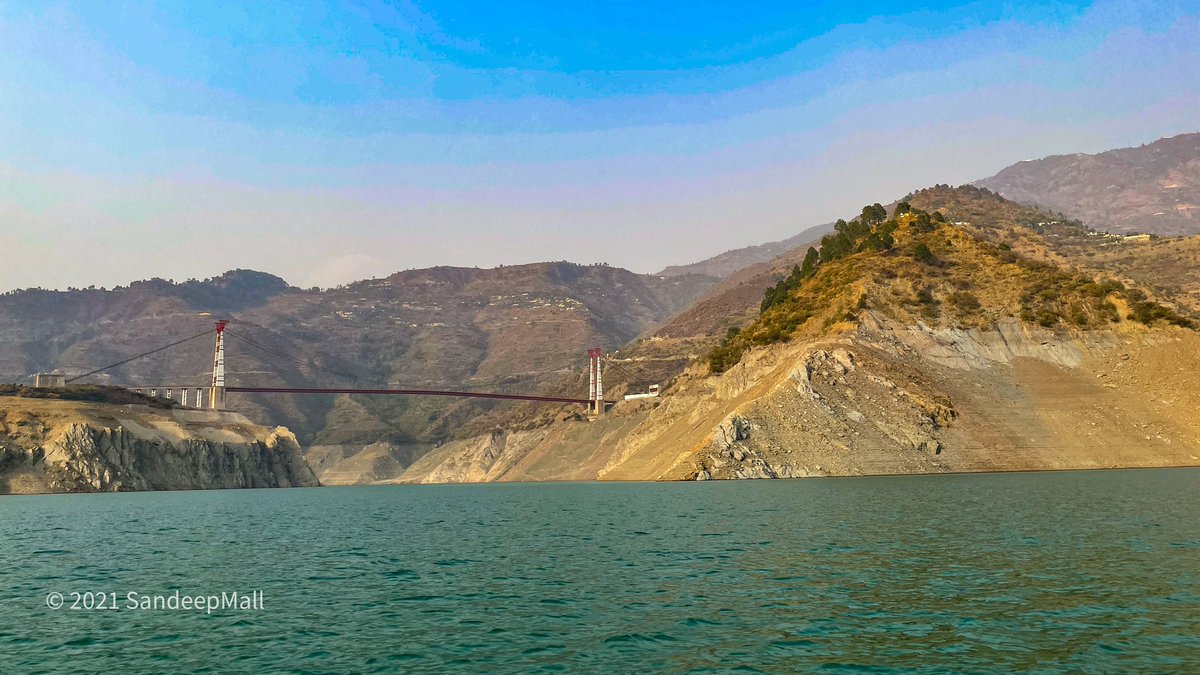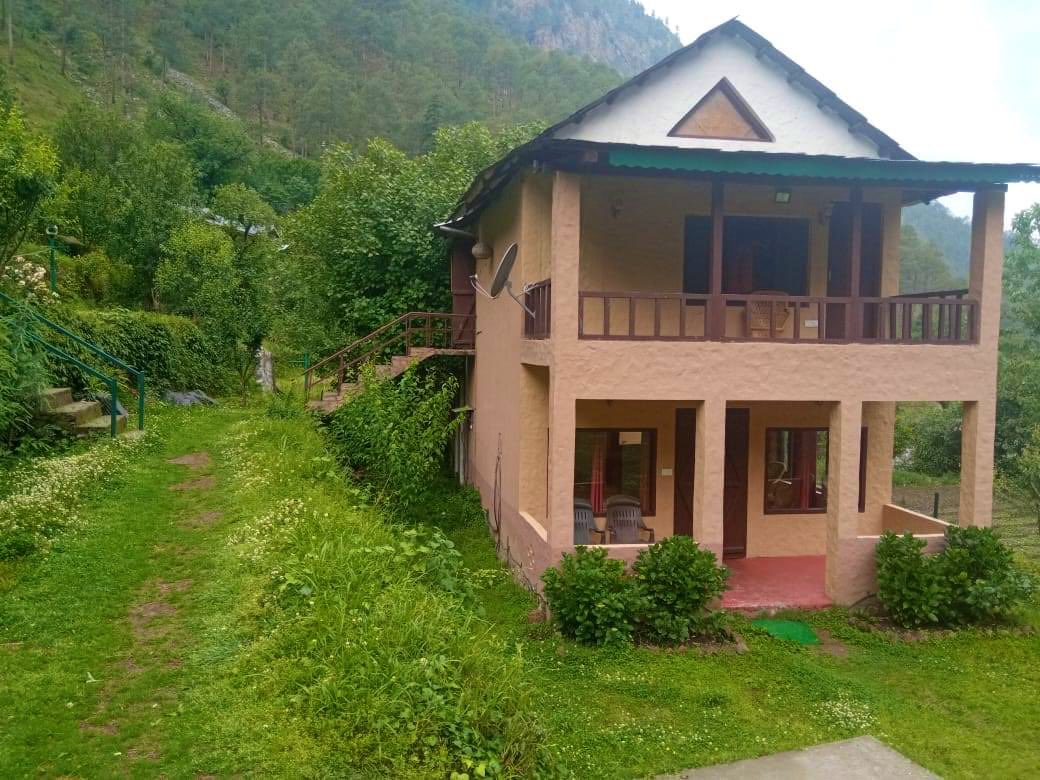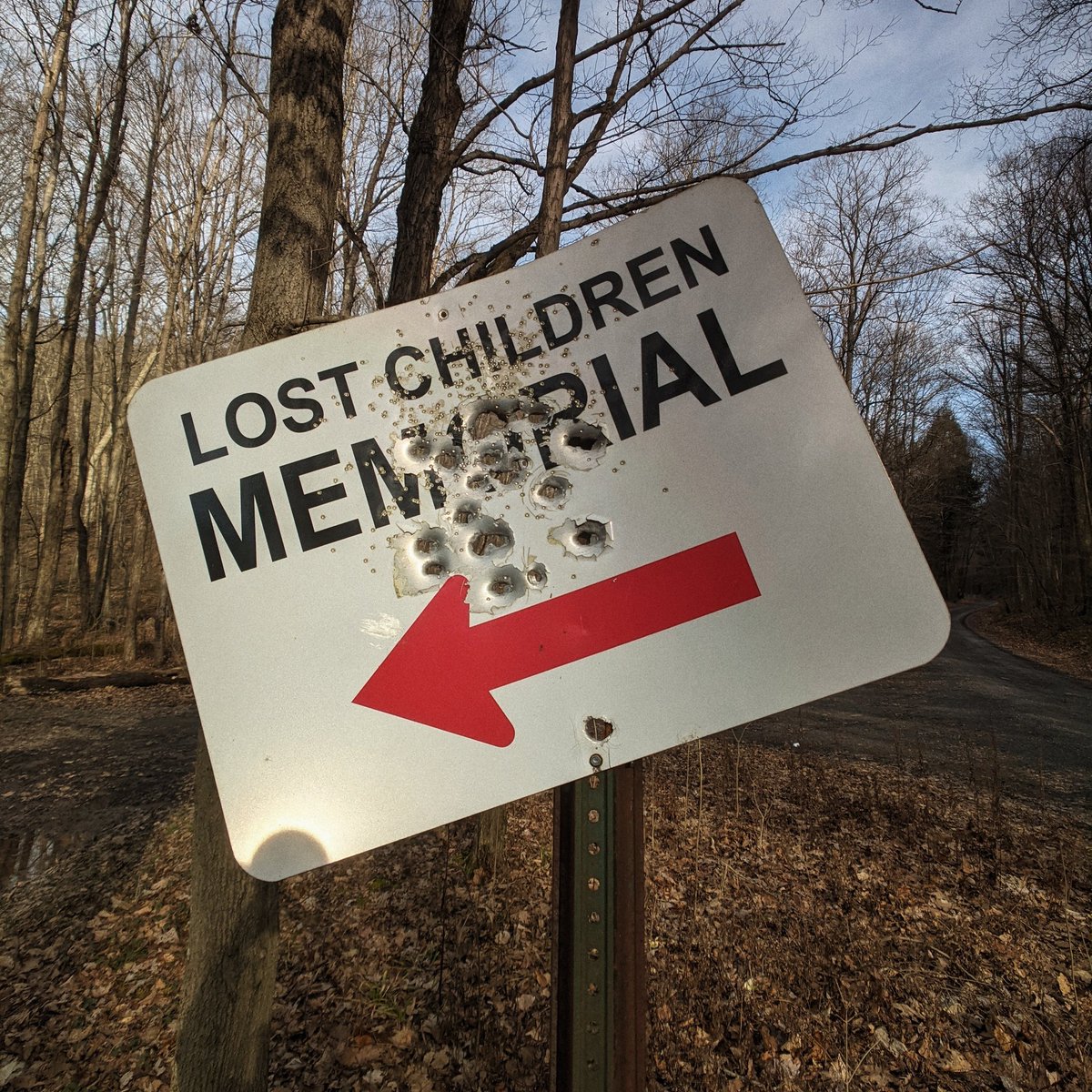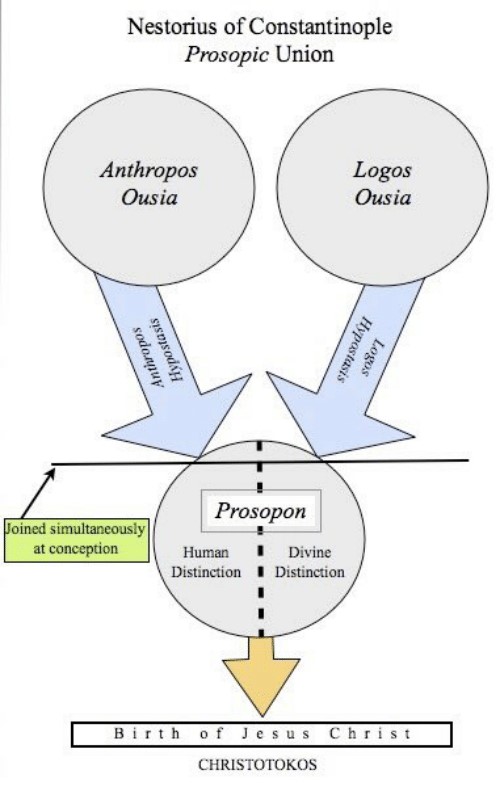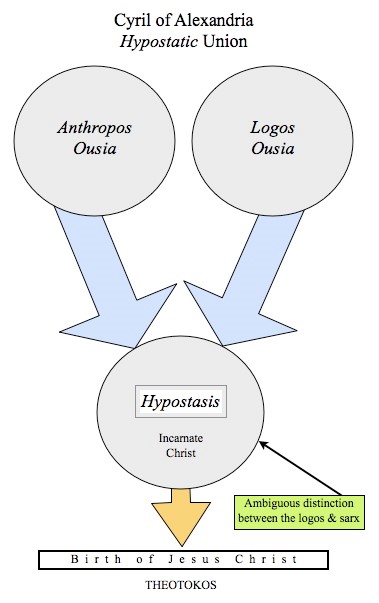1. THE PLAN
We see countries like China & New Zealand succeed by implementing border controls and wonder why our government didn’t do the same. Unfortunately, it’s been following the 2011 influenza pandemic plan, which says...


But the pandemic plan tells us they don’t play a role (perhaps the source of Jenny Harries’ comments about Cheltenham?) and therefore the government will not restrict them



What’s going to change? When is the government going to start implementing measures appropriate to this pandemic?
More from Adam Hamdy
I find it remarkable that a section of society not rejoicing that children very rarely ill with COVID compared to other viruses and much less infectious than adults
— Michael Absoud \U0001f499 (@MAbsoud) February 12, 2021
Instead trying prove the opposite!
Why??
2. @c_drosten has talked about this extensively and @dgurdasani1 and @DrZoeHyde have repeatedly pointed out flaws in the studies which have purported to show this. Now for the other assertion: children are very rarely ill with COVID19.
3. Children seem to suffer less with acute illness, but we have no idea of the long-term impact of infection. We do know #LongCovid affects some children. @LongCovidKids now speaks for 1,500 children struggling with a wide range of long-term symptoms.
4. 1,500 children whose parents found a small campaign group. How many more are out there? We don’t know. ONS data suggests there might be many, but the issue hasn’t been studied sufficiently well or long enough for a definitive answer.
5. Some people have talked about #COVID19 being this generation’s Polio. According to US CDC, Polio resulted in inapparent infection in more than 99% of people. Severe disease occurred in a tiny fraction of those infected. Source:
2. Some media commentators seek to present the issue of how to respond to the virus in simplistic terms: Lockdown vs Herd Immunity. This a mischaracterisation. The countries that have tackled #COVID-19 best have used a range of public health
The Swiss Cheese model of #COVID19 defence, by @MackayIM.
— Dr Zo\xeb Hyde (@DrZoeHyde) October 24, 2020
No single measure is sufficient, but put together they can stop the virus.
I particularly like Misinformation Mouse, nibbling away at one of the slices. pic.twitter.com/c1gfTai2Hj
3. Almost every scientist acknowledges lockdown equals failure. It is a sign governments have failed to implement the measures needed to allow life to be lived more or less as normal, without risking exponential growth in transmission.
4. There is an active misinformation campaign that is being aided and abetted by certain sections of the media and some politicians. The campaign would have us believe that if we open up and shield the vulnerable, all will be well. This approach has been derided as inhumane...
5. ...by the WHO, and ridiculous by Dr Fauci for many reasons. It is based on faulty logic, and the proponents of this approach have submitted no evidence that it can be achieved nor any practical examples of how they would do so.
It seems increasingly likely that, come March, the govt is planning to say to under-65s without pre-existing conditions: go forth and get Covid https://t.co/BhHNG3M2DR
— D_Shariatmadari (@D_Shariatmadari) January 10, 2021
2. Where is the modelling or evidence to support a focused protection vaccination strategy? The government has chosen it as its preferred strategy but it must have considered other options. Will the government publish the data and the alternative options considered?
3. A responsible government will have modelling for 20%, 50% and 80% vaccine coverage, and projections for the number of infections, Long Covid and deaths in each scenario. Where are those models? On what basis has the government opted for the 20% scenario?
4. The government should also have modelled each of these scenarios against a backdrop of low, medium and high community transmission. What is the impact of each vaccination scenario against varying levels of community transmission?
5. There should also be some assessment of incidence of reinfection and likely evolution of variants given different levels of community transmission. What does this assessment tell us?
Look around.
What way of life?
The one we used to have?
The UK has been under varying degrees of restriction since March 23rd 2020.
1. \u201c#ZeroCovid is impossible\u201d
— Adam Hamdy (@adamhamdy) January 4, 2021
I\u2019ve been arguing for #ZeroCovid before it even had a name, so I\u2019ve heard most of the counter arguments.
It\u2019s too expensive.
If countries like Vietnam can afford it, why can\u2019t we?https://t.co/1XUyzOuHtc
2. Nearly a year of having our social and economic freedoms curtailed in one way or another. Nearly a year of muted economic activity. Nearly a year of mass death and disease.
#ZeroCovid doesn't fit with a way of life that doesn't exist anymore.
3. The question isn't whether it fits with our old freewheeling ways, but whether it would lead to better outcomes than the UK's current (poorly defined) strategy? Experiences in New Zealand, Australia, Vietnam, China, Taiwan and elsewhere very much suggest it would.
4. #ZeroCovid isn't about what's possible. It's about what's necessary. Decide what's necessary and figure out a way to make it possible. We can't force travellers to quarantine in hotels for two weeks? Why not? Taiwan does. And if that's what's necessary, why aren't we doing it?
5. I've heard some odd things said about #ZeroCovid
Simple-minded clod Matt Hancock said Zero Covid is impossible because no country has had zero cases.
Zero Covid sets out an ambition. It signals a country treats any infections as serious





